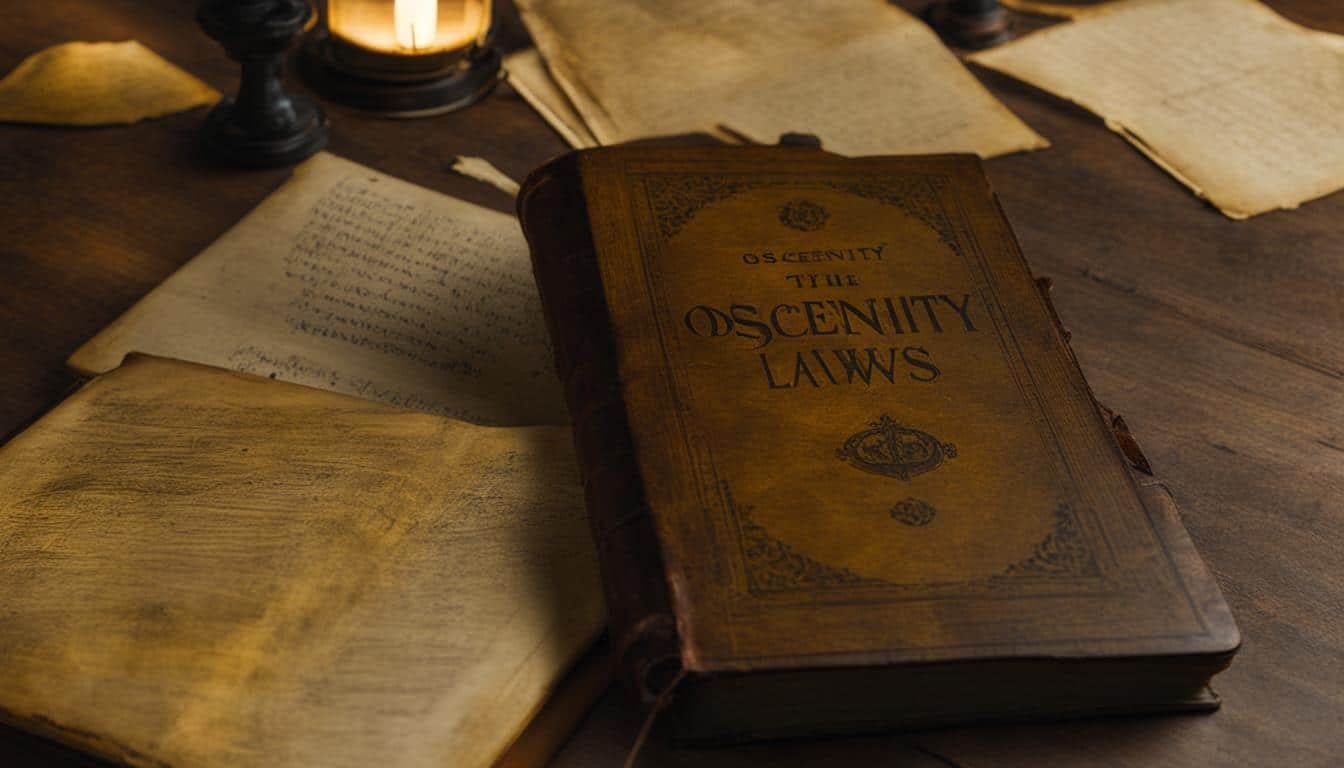Obscenity laws in various countries have different impacts on society. These laws are enacted to regulate and sometimes ban pornography, with the aim of protecting societal norms and preventing harm. In the United States, the power of Congress to regulate or ban pornography is derived from the Constitution, particularly the powers to regulate commerce and establish post offices. While most forms of pornography are protected by the First Amendment, obscenity and child pornography are not. The Supreme Court has established the Miller test to determine whether a work is obscene, which considers factors such as appeal to prurient interest, patently offensive depiction of sexual conduct, and the lack of serious value. Zoning and licensing of pornography dealers have also been employed in some countries, such as the United States, as a means to regulate the distribution and location of adult establishments. It is important to note that the regulation of obscenity varies across different countries, each with its own legal framework and societal norms.
Key Takeaways:
- Obscenity laws have varying impacts on society across different countries.
- The United States uses the Miller test to determine whether a work is obscene.
- Zoning and licensing regulations are employed to regulate the distribution and location of pornography dealers and adult establishments.
- The regulation of obscenity varies based on different legal frameworks and societal norms.
- Each country has its own approach to protecting societal norms and preventing harm.
Constitutional Principles and the Miller Test
When it comes to regulating obscenity, constitutional principles play a significant role. In the United States, the First Amendment protects freedom of speech and the press; however, obscenity and child pornography are exceptions to this protection. The Supreme Court has established the Miller test, which consists of three parts: whether the work appeals to prurient interest, whether it depicts or describes sexual conduct that is patently offensive, and whether it lacks serious value. This test requires that community standards be considered in determining obscenity.
The Miller test is based on the principle that not all forms of sexually explicit material are necessarily obscene. It allows for the recognition and protection of works that have artistic, literary, or scientific value, even if they may contain explicit sexual content. By incorporating community standards, the test acknowledges that what is considered obscene in one community may not be seen as such in another. This recognition ensures that the regulation of obscenity respects the diverse values and perspectives of different regions within the country.
“The Miller test seeks to strike a delicate balance between protecting society from harmful and offensive material while preserving the fundamental right to freedom of expression. It recognizes that obscenity is not protected by the First Amendment, but it also acknowledges that artistic and social commentary that may involve sexual content can have value and deserves constitutional protection.”
It is important to note that the definition of obscenity and its regulation may vary in different countries based on their respective legal frameworks and societal values. While the First Amendment protects most forms of pornography, obscenity and child pornography can be banned due to their lack of First Amendment protection. This distinction allows for a nuanced approach to the regulation of sexually explicit material, striking a balance between freedom of expression and the protection of societal interests.
The Miller Test: A Summarized Overview
- Does the work appeal to prurient interest?
- Does the work depict or describe sexual conduct that is patently offensive?
- Does the work lack serious value?
| Criteria | Interpretation |
|---|---|
| Prurient Interest | Material that is intended to sexually arouse or excite. |
| Patently Offensive | Material that goes beyond the bounds of societal standards of decency. |
| Lack of Serious Value | Material that does not have any redeeming artistic, literary, or scientific merit. |
Zoning and Licensing of Pornography Dealers
In some countries, such as the United States, zoning and licensing regulations play a crucial role in the control and regulation of pornography dealers and adult establishments. These regulations are implemented to address concerns related to the proximity of adult establishments to residential areas and their potential impact on community standards.
For instance, in the United States, the Supreme Court has upheld ordinances that require the dispersal of adult establishments and the concentration of adult theaters in limited areas. These regulations aim to maintain property values, prevent crime, and protect the quality of neighborhoods and commercial districts.
The Supreme Court has acknowledged that these zoning and licensing regulations may impose restrictions on the commercial exploitation of protected material. However, they are justified without reference to the content of the regulated speech and do not suppress the expression of unpopular views. These measures are specifically designed to balance the needs of communities with the rights of businesses involved in the adult entertainment industry.
| Effects of Zoning and Licensing Regulations | Regulations in the United States |
|---|---|
| Promotes community standards | Dispersal of adult establishments and concentration in limited areas |
| Preserves property values | Prevents the negative impact on property values |
| Reduces crime | Helps prevent criminal activities associated with adult establishments |
It is important to note that the specific zoning and licensing regulations may vary in different countries, reflecting the diversity of approaches to regulating pornography and protecting community standards. Each country considers its own legal framework and societal values to determine the most appropriate measures to control the distribution and location of pornography dealers and adult establishments.
Protection of Children and the Stanley v. Georgia Case
When it comes to obscenity laws, one of the primary concerns is ensuring the protection of children. While these laws aim to regulate the distribution and access to obscene material, there is an important distinction when it comes to private possession. In the United States, the landmark case of Stanley v. Georgia established that individuals have the right to possess obscene material in the privacy of their own homes.
The Supreme Court recognized that the government should not dictate what books or films individuals can enjoy in the confines of their personal space. However, it is crucial to note that this right to possess obscene material does not extend to providing or acquiring it. The government has a compelling interest in safeguarding the well-being of minors, both physically and psychologically.
Therefore, regulations aimed at protecting children, such as restrictions on dial-a-porn services, can be warranted even if they restrict material that is not classified as obscene under the Miller test. Striking the balance between safeguarding minors and upholding First Amendment freedoms continues to be a subject of ongoing debate in the regulation of obscenity.
Source Links
- https://www.everycrsreport.com/reports/95-804.html
- https://www.bu.edu/law/journals-archive/bulr/documents/goldberg_000.pdf
- https://digitalcommons.law.villanova.edu/cgi/viewcontent.cgi?article=1252&context=mslj







